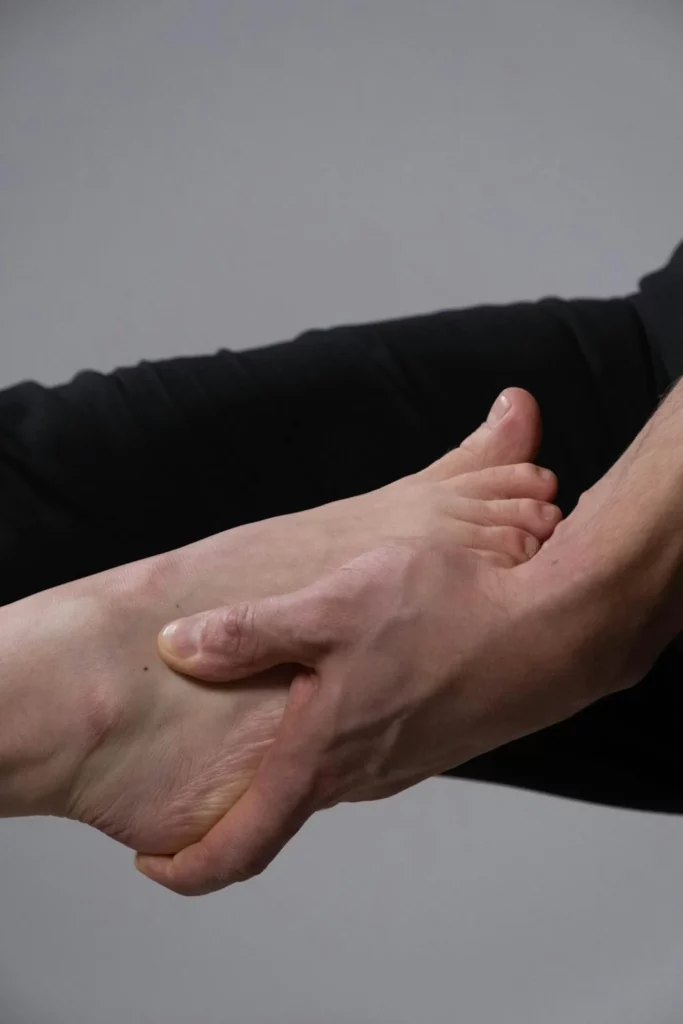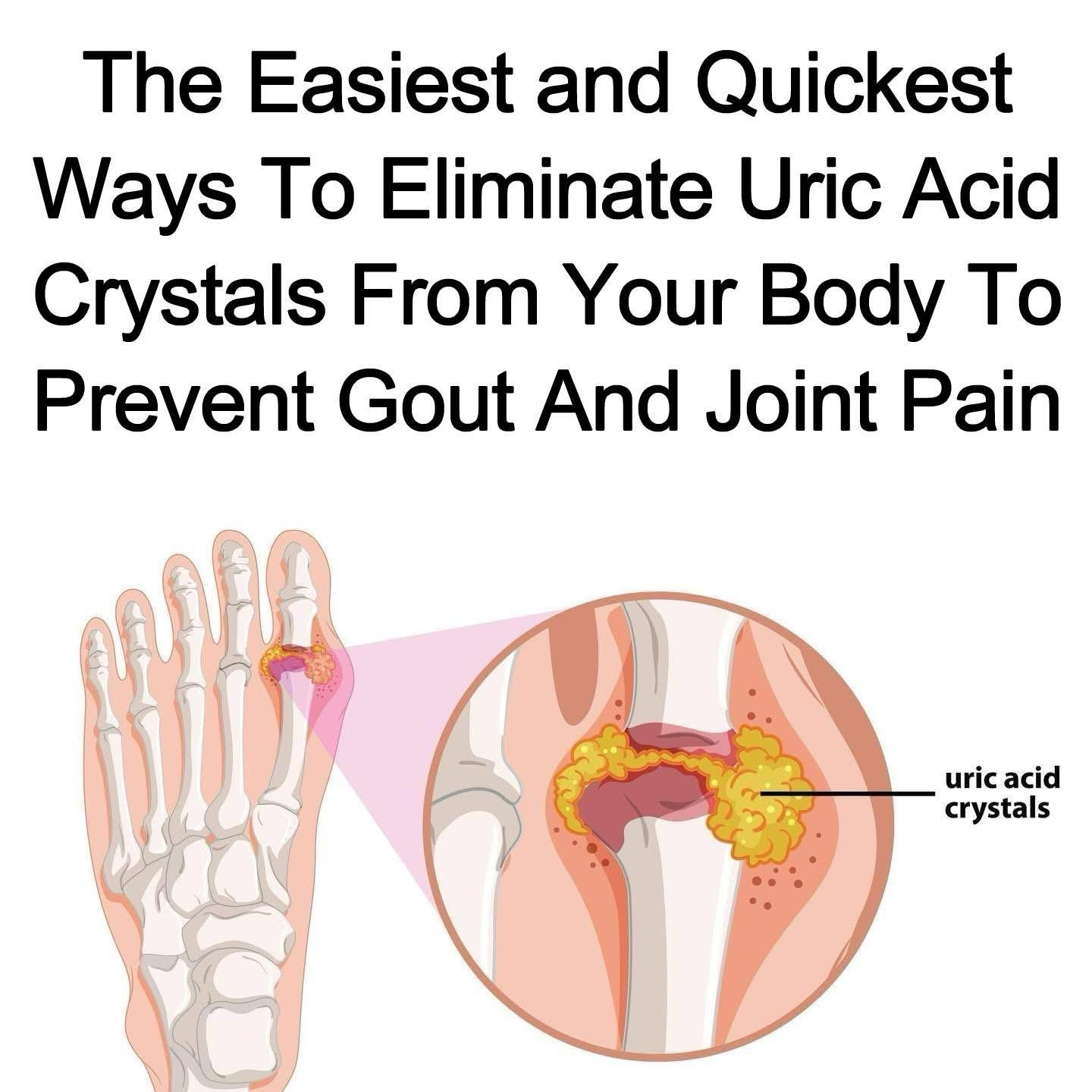Gout is a painful form of arthritis that results in sudden and severe pain, typically affecting the joints. While medications, such as non-steroidal anti-inflammatory drugs (NSAIDs) like ibuprofen, are commonly used to treat gout, lifestyle changes can play a significant role in managing symptoms and preventing future attacks.
What Causes Gout?
Gout occurs when tiny crystals of uric acid, a byproduct of purine breakdown in the body, accumulate in and around the joints. The condition most commonly affects the big toe joint but can also target other joints like the ankles, knees, fingers, wrists, elbows, and the middle of the feet. Uric acid is naturally produced in the body, but certain foods and drinks that are high in purines—like red meat, alcoholic beverages, fish, shellfish, mushrooms, and vegetables such as asparagus, spinach, and cauliflower—can increase its levels.
Medications and Treatment
While medications, including NSAIDs and sometimes steroids, are the primary treatment for gout, it’s crucial to address the condition early to prevent permanent joint damage. As gout progresses, it can limit the range of motion in the affected joints. Seeking medical help when the first symptoms appear is key to managing the condition effectively.
Natural Ways to Relieve Gout and Joint Pain
Along with conventional treatments, lifestyle modifications can significantly help in relieving gout pain and preventing flare-ups. Here are some natural remedies:
- Omega-3 Fatty Acids and Supplements
- Omega-3 fatty acids (EPA and DHA) and gamma-linolenic acid (GLA) are often prescribed to help reduce inflammation associated with gout. These can be taken as supplements to complement your diet and help ease the swelling and pain.
- Weight Management
-
 Pexels
Pexels- Maintaining a healthy weight can help reduce the frequency of gout attacks. Excess weight puts additional stress on your joints, making the pain worse.
- Hydration and Healthy Lifestyle
- Staying hydrated by drinking plenty of water is essential for flushing out uric acid from your system. Additionally, regular exercise, a healthy diet, and adequate sleep contribute to better overall health and may help prevent gout flare-ups.
- Vitamin C
- Vitamin C can help reduce uric acid levels in the body. You can get vitamin C through foods like citrus fruits, strawberries, and bell peppers, or by taking a supplement.
- Rest and Elevation
- When gout flares up, resting the affected joints and elevating them can reduce swelling and provide relief.
- Cold Compress
- Applying a cold compress or ice pack to the affected joint for 15-20 minutes a day can help reduce swelling. Be sure to wrap the ice in a cloth to avoid direct contact with the skin, which could cause damage.
Conclusion
Managing gout requires a combination of medication, lifestyle changes, and natural remedies. By maintaining a healthy diet, staying hydrated, managing weight, and incorporating supplements like omega-3 fatty acids and vitamin C, you can alleviate symptoms and reduce the frequency of attacks. Remember, always consult your doctor or healthcare provider to tailor a treatment plan that works best for you.
This information is for informational purposes only and not a replacement for professional medical advice, diagnosis, or treatment. Always consult your doctor or healthcare provider with any medical concerns or questions.
Please share this article with your family and friends on Facebook!


